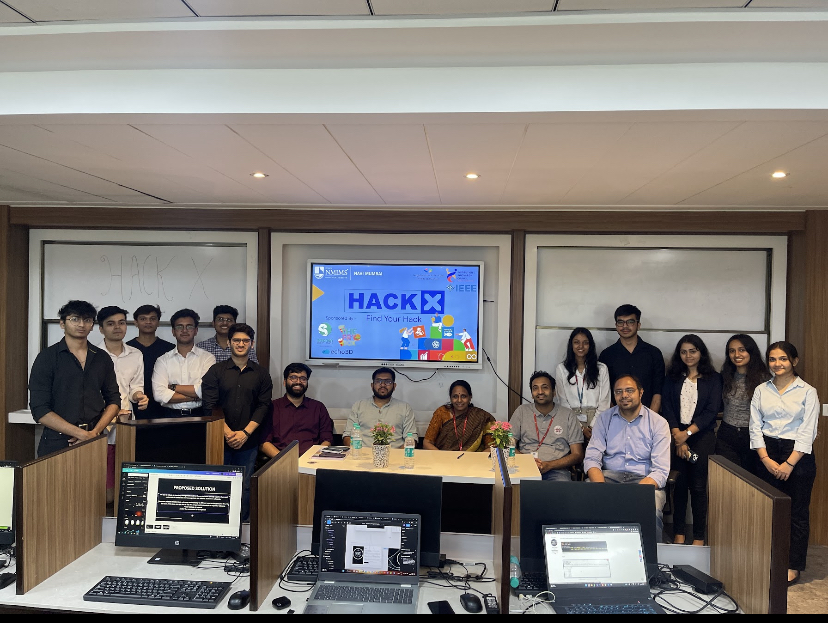Students visited the following during the visit to RIIDL ( Research Innovation Incubation Design Lab) at Somaiya Vidyavihar BioRIIDL : Here the students were shown BioLab equipment such as Centrifuge, RTPCR Test equipment, Mask and PPE sanitizer, Chromatograph and other lab instruments. Ongoing mentored projects like replacement of thermocol with a mushroom based bio product, biodegradable art, development of a bio printer were also discussed. It was informed that Bioriidl is the first Community biolab in India / DIY and a bio-incubator in Mumbai. They help students, faculties, scientists and biotech entrepreneurs in their research work, developing ideas and products by providing economical lab facilities, biotech community and a number of services to accelerate their success. DST Prayas Lab at Somaiya School : This lab had digital manufacturing equipment such as 3D- Printers, Laser engraver and cutter, Precision Sawing machine, Sanding machine, Planar machine, Fibre Laser Marking Machine, Laser Cutter. Students were very interested to see a moulding machine that generates PVC templates from existing moulds. The live demo of these equipment gave a real time experience of applications of technology to the students. RIIDL Headquarters: Here the students were exposed to the idea of co-working spaces. Here they were informed about how in a FabLab one can learn how to envision, prototype and document ideas through many hours of hands-on experience with digital fabrication tools, how to take a variety of code formats and turn them into physical objects. At RIIDL, Startups are mentored by founders, key members, investors and important business drivers of reputed companies. Panel of in-house reviewers review startups every week to track their progress and help them further. Additionally, case studies of successful startups mentored at RIIDL were briefly discussed. As an ideal FabLab is supposed to impart digital fabrication knowledge, basic business knowledge and support maker community, one of the mentors, Mr. Pranav Gawde explained how these activities are conducted at RIIDL. He also explained how RIIDL provides various services to the incubated startups. Some of the services are limited to incubation period whereas some extends up till startups get Series-A funding. These services help startups to grow and facilitate their need during their early growth stage. For providing services to the startups RIIDL can charge upto 4-6 % equity. RIIDL helps startups to get government funding as well as private investment. The students were given a glimpse into Maker Mela, a flagship event of RIIDL that hosts more than 100 makers and exposes them to public review and an opportunity for funding. The history of evolution of RIIDL from 2010 till date was discussed. Students were amazed to see some exhibited products such as part of a 3D-printed dress. A handbag that changes colours and a smart chess board where the elements move based on an app were also shown.




